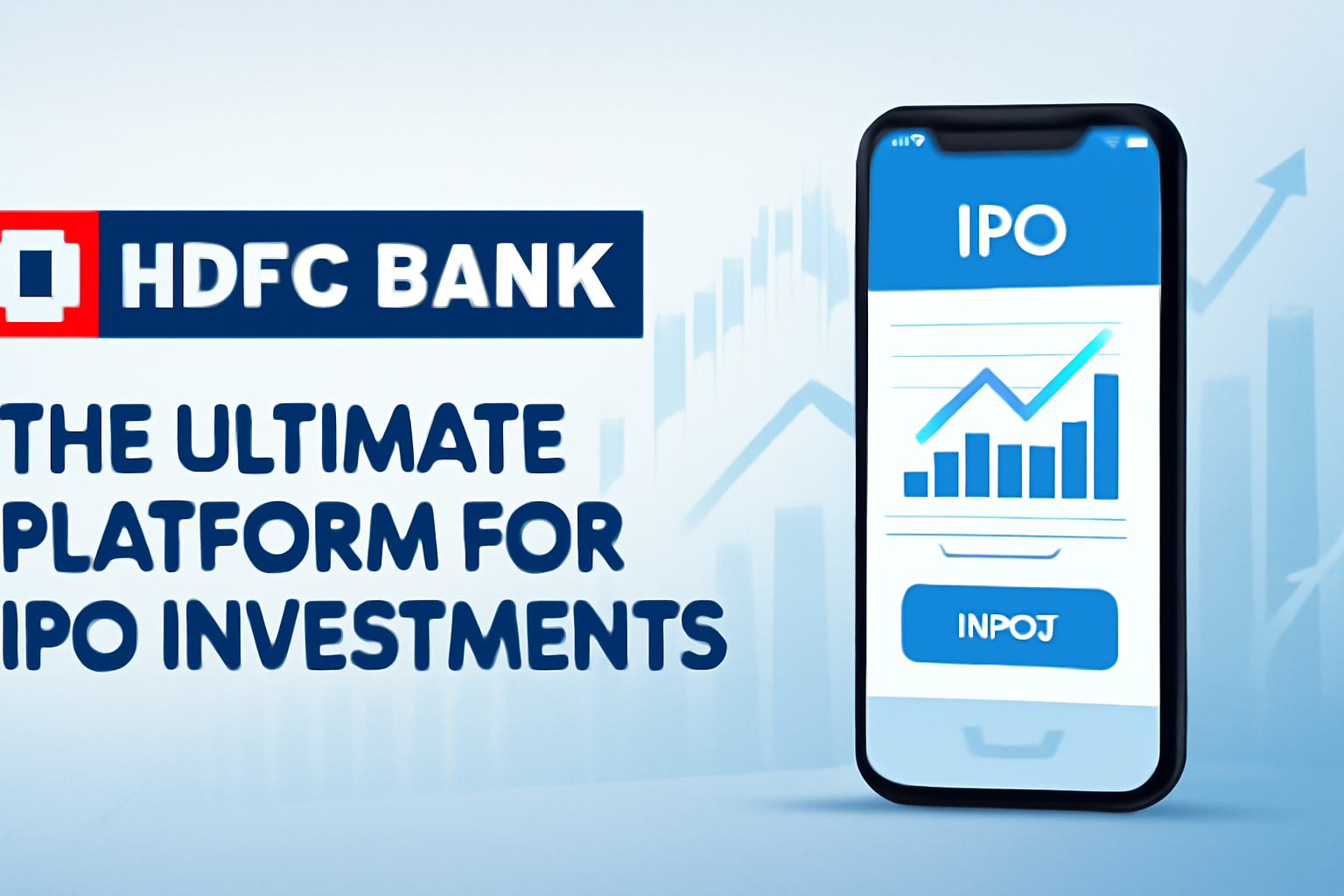1. Do Your Homework (Due Diligence)
Before investing in any IPO, thoroughly research the
company. Analyze its financial health, revenue growth, profitability, and debt
levels. Read the IPO prospectus carefully to understand the business model,
competitive edge, use of proceeds, and risk factors. Supplement your research
with expert opinions and market analysis to get a holistic picture.
2. Understand the Business and Sector
Invest only in companies whose businesses you comprehend
well. Familiarity with the industry dynamics helps in assessing the company’s
position and growth prospects. Pay special attention to niche or emerging
sectors like technology, green energy, or healthcare, which tend to have
stronger growth potential.
3. Assess the Quality of Management
A capable, transparent, and experienced management team is
crucial for IPO success. Check the leadership’s track record in managing
businesses, achieving growth, and aligning with shareholder interests.
Management quality often influences long-term stock performance.
4. Monitor Market Conditions
IPO success is also influenced by broader market sentiments.
Favorable conditions, such as low-interest rates and positive investor
sentiment, can lead to oversubscribed IPOs and strong listing performances.
Conversely, volatile or bearish markets might lead to muted responses and price
corrections.
5. Diversify Your Investment Portfolio
Do not put all your investment capital in a single IPO.
Spreading your investments across various IPOs or asset classes reduces risk,
especially since IPO stocks can be volatile post-listing. Including both newly
listed companies and established stocks can balance risk and reward.
6. Watch Grey Market Premium (GMP) Trends
GMP is the unofficial price at which IPO shares trade prior
to listing. A rising GMP often signals strong market demand, while a declining
GMP might indicate weak interest. However, remember that the grey market is
unregulated and GMP can be volatile and speculative. Use GMP as one of several
indicators in your investment decision.
7. Decide on Your Investment Horizon
Clarify your goal—are you looking for short-term listing
gains or long-term wealth through sustained business growth? Quick flips may
lead to gains but come with higher risk and volatility. Long-term holding
requires confidence in the company’s fundamentals and growth trajectory.
8. Set Realistic Expectations and Risk Limits
IPOs can be unpredictable and sometimes overpriced. Set
clear profit targets and decide the maximum loss you are willing to bear.
Consider using stop-loss orders or exit plans to control losses and protect
gains.
9. Stay Updated on Regulatory Norms and Listing Details
IPO rules and listing criteria may change. Stay informed on
prospectus amendments, allotment methods, and lock-up agreements. These factors
could influence your ability to buy or sell shares post-listing.
10. Seek Professional Guidance
Consult financial advisors or brokers familiar with IPOs.
Their expertise can help you navigate market complexities, understand pricing
trends, and optimize your investment choices.
Conclusion
Success in IPO investing in 2025 demands rigorous research,
strategic planning, and disciplined risk management. Use a combination of
fundamental analysis, market timing, and investment diversification to build a
robust IPO portfolio. Keep an eye on grey market premiums as sentiment
indicators but avoid relying exclusively on them. Lastly, align your IPO
investments with your broader financial goals and risk appetite for sustainable
growth.



